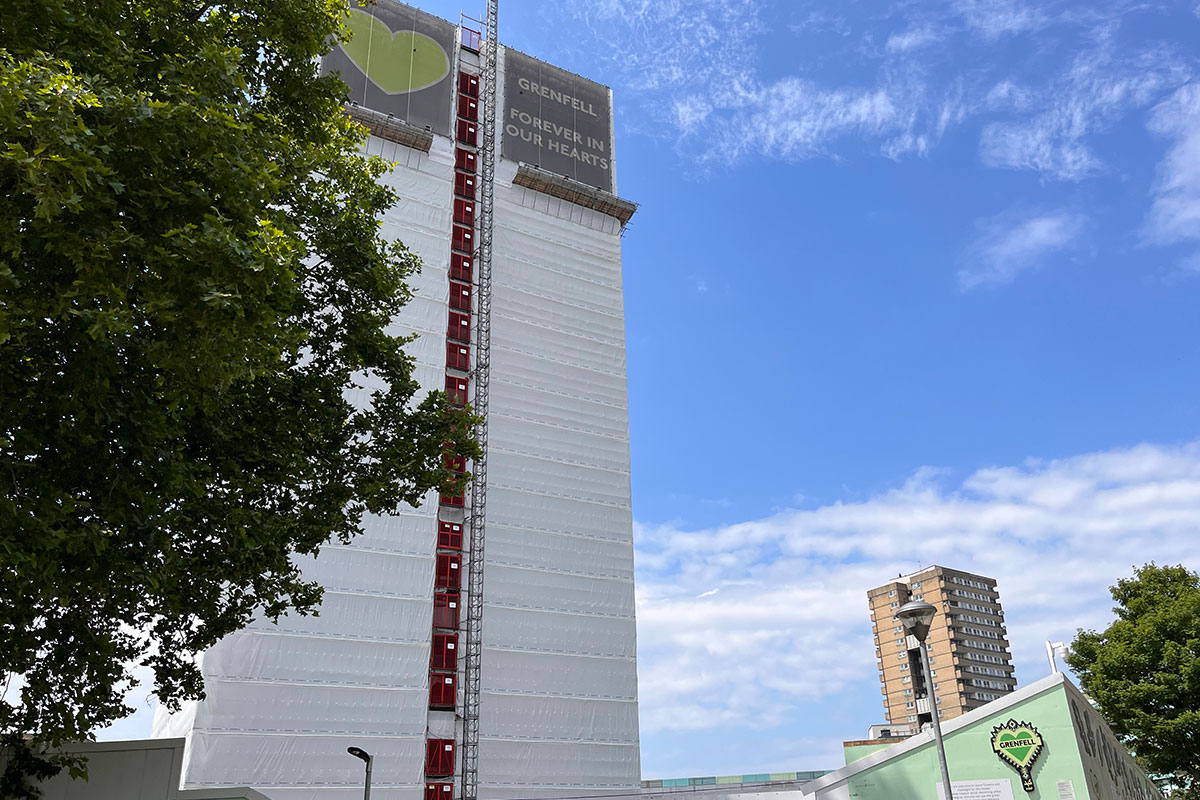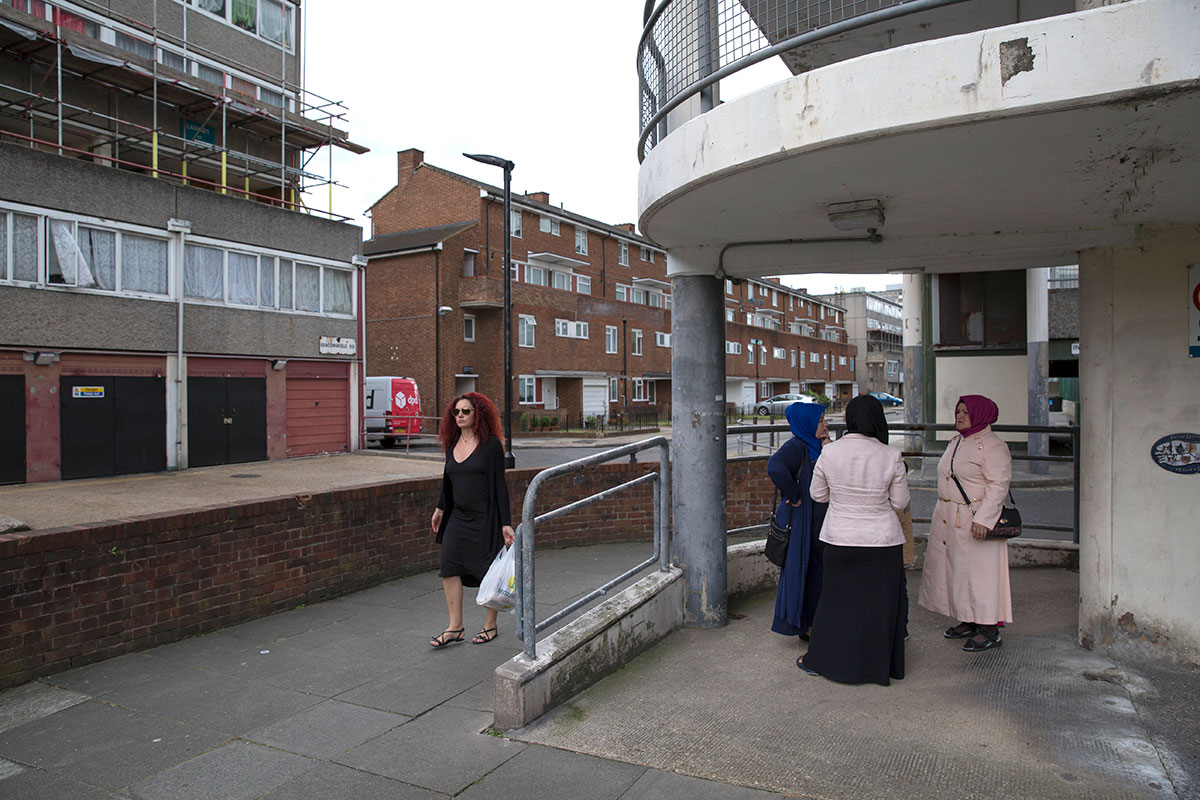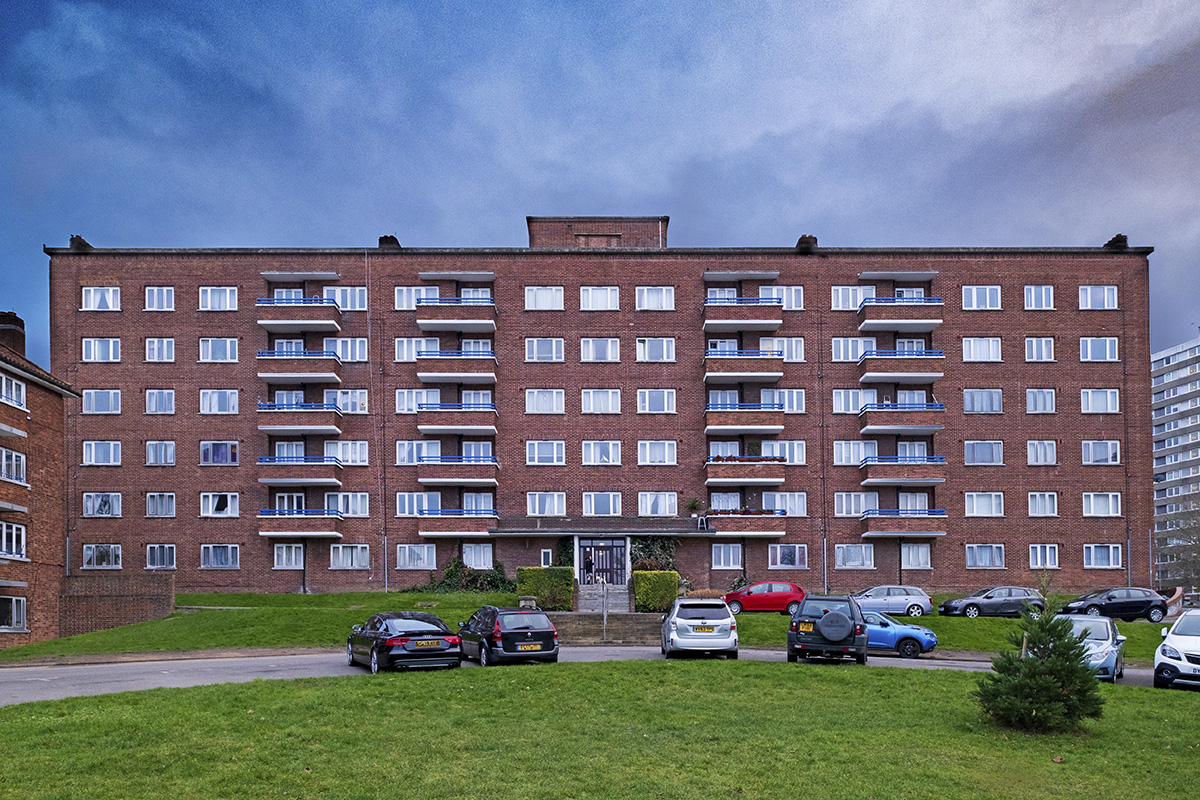You are viewing 1 of your 1 free articles
Mandatory qualifications to be introduced for 25,000 social housing managers
Around 25,000 managers across the English social housing sector will be required to obtain new professional qualifications, the government has announced.
Changes to the Social Housing (Regulation) Bill will require managers to receive an appropriate-level housing management qualification regulated by Ofqual equivalent to a Level 4 certificate or Level 5 diploma in housing, or a foundation degree from the CIH.
A draft of the amendment, published this morning here, said the requirement would apply to “senior housing executives and senior housing managers”.
It said executives, defined as an employee or officer who has responsibility for the day-to-day management of the provision of services and is part of the provider’s senior management, would be required to obtain a foundation degree or Level 5 qualification. Managers would be required to obtain at least a Level 4 certificate.
It said “senior housing managers” would be determined by reference to the description of the occupation of senior housing and property management published by the IATE.
This includes roles such as voids managers, asset managers and neighbourhood housing managers – broadly defined as individuals “responsible for the management and delivery of housing and property-related services”.
According to the IATE website, a Level 4 qualification for a senior housing or property manager takes 18 to 24 months to obtain, and would include learning about relevant legislation and regulations, organisational policies and a range of other professional skills and behaviours.
No timescale has been determined to bring the requirements in, but it is understood the government will consult with the sector to determine what transition period is needed.
Once the requirements are in force, there will be specified time limits within which relevant staff must enrol on and complete qualifications.
Any landlords that failed to comply with the new law would face unlimited fines, the government said.
The requirement “will professionalise and drive the culture change needed in the sector, ensuring residents receive a high level of service and are treated with respect at all times”.
The press release added: “While many managers already provide a high-quality professional service, not all do. This will ensure that all managers have the skills and qualifications they need.”
It said the changes would bring the sector “more closely into line with other sectors providing frontline services, including social work, teaching, and health and care services”.
In response, the CIH said it “welcomes the government’s focus on and support for professionalism in housing”.
The government is expected to engage with the training and qualification sector about its capacity, and how fast it can be increased, before it sets the transition period.
The provision will only apply to employees of housing associations and local authorities. It will not apply to private sector landlords, or employees of agencies who provide management services in the social housing sector, such as Pinnacle Group.
Housing associations will be required to fund the training themselves, while local authorities will be assessed for new burden funding.
Previous amendments to the bill had been set to impose a legal requirement for landlords “to ensure staff have the right skills, experience and knowledge to deliver a high-quality service to residents”.
But a group representing the bereaved and survivors from the Grenfell Tower fire had called for a more prescriptive requirement.
“You wouldn’t expect your child to be taught by a teacher without qualifications or a vulnerable person to be looked after by a person without qualification. The power of estate managers to do damage to people’s lives is very significant and we are asking for them to be professionally qualified, required to carry out ongoing [continuing professional development] and to sign up to a charter of ethics and values,” Mr Daffarn told Inside Housing.
Who will need the new housing qualifications?
An amendment to the housing bill will require a foundation degree or Level 5 qualification for senior housing executives, and a Level 4 qualification for senior housing managers.
A senior housing executive is defined an employee or officer of the registered provider who has responsibility for the day-to-day management of the provision of services and is part of the provider’s senior management.
For senior housing managers, the amendment refers to a statutory definition of ‘senior housing and property managers’ that is published by the IATE.
This definition, written with the assistance of several social landlords, lists the following job titles as examples of the role:
- Neighbourhood housing manager
- Neighbourhood investment manager
- Property manager
- Voids and lettings manager
- Assets manager
- Incomes manager
- Resident involvement manager
- Supported housing manager
- Leasehold manager
It added: “The senior housing and property management occupation in both social and private housing sectors is responsible for the management and delivery of housing and property-related services within their business and service area(s). The role involves the management of resources with delegated authority to deliver the business objectives. The work must comply with contractual, statutory and legal regulations.
“The senior housing and property manager manages a specific function and associated team(s) while working with the wider organisation, team, communities and external partners.”
Once the requirements are in force, there will be specified time limits within which relevant staff must enrol on and complete qualifications.
The bill will also give the English regulator tougher new powers. It will be allowed to enter properties with only 48 hours’ notice and make emergency repairs that landlords will have to pay for, the government added.
It follows Awaab’s Law, introduced earlier this month in the wake of the tragic death of two-year-old Awaab Ishak, which will force social landlords to fix damp and mould within time limits to be determined via consultation.
Housing secretary Michael Gove said: “The Grenfell Tower tragedy and, more recently, the death of Awaab Ishak showed the devastating consequences of residents inexcusably being let down by poor performing landlords who consistently failed to listen to them.
“We know that many social housing residents are not receiving the service or respect they deserve. The changes we are delivering today will make sure social housing managers across the country have the right skills and experience to deliver an excellent service and drive up standards across the board.”
Gavin Smart, chief executive of the CIH, said: “We welcome the government’s focus on and support for professionalism in housing.
“We believe housing professionals should do all they can to ensure that tenants and residents have access to good-quality, affordable homes; that they are treated with dignity and respect; and that their voices and views are heard and taken account of in decisions that affect them, their homes and the communities they live in and that the vast majority of housing professionals and organisations share this belief.
“We look forward to working with government to support organisations and individuals in achieving the qualifications needed under these new requirements.”
Update: at 10am on 27.02.2023
This story was updated with more details following the publication of the government’s amendment.
Sign up for our daily newsletter
Already have an account? Click here to manage your newsletters












